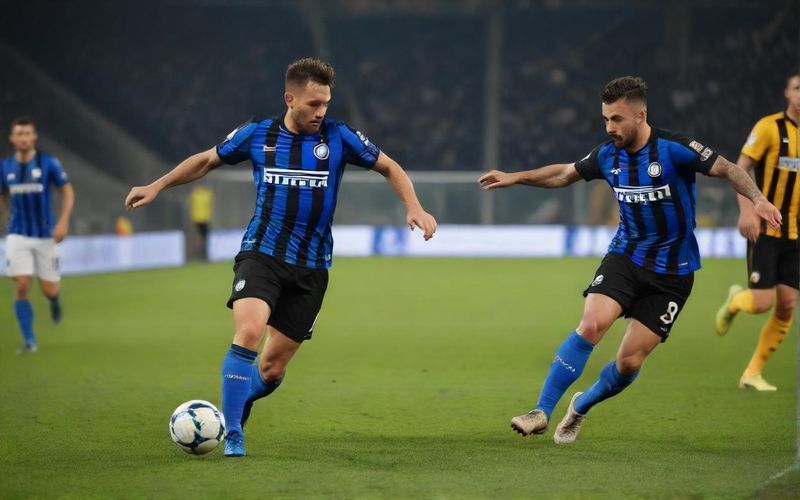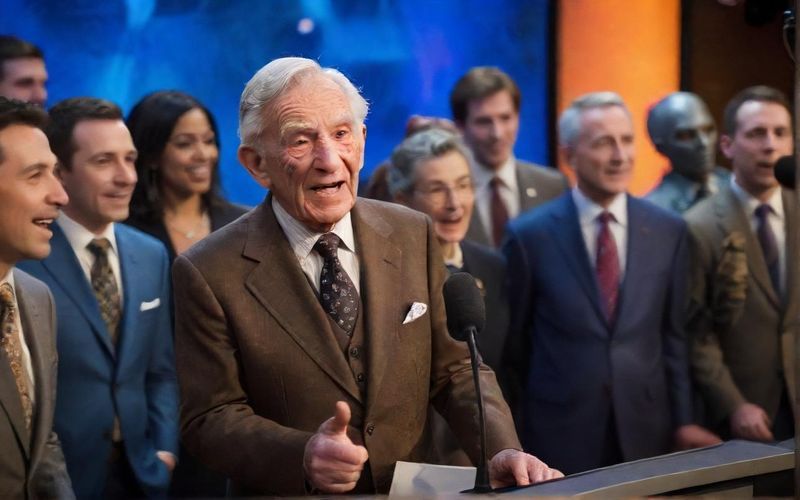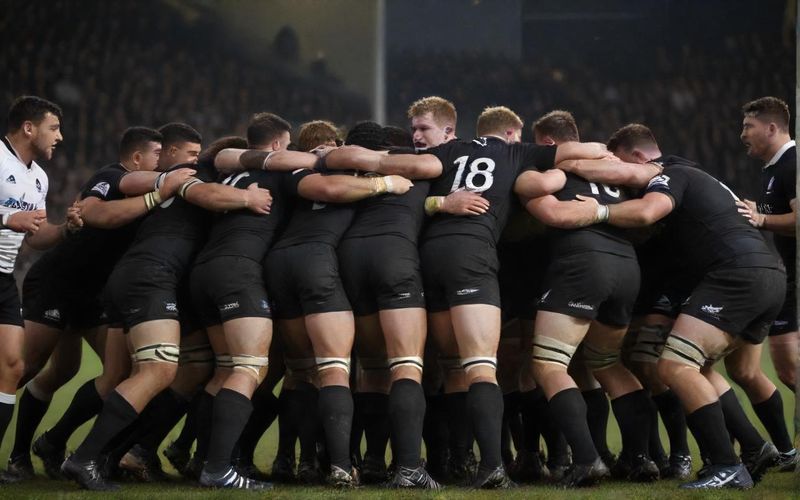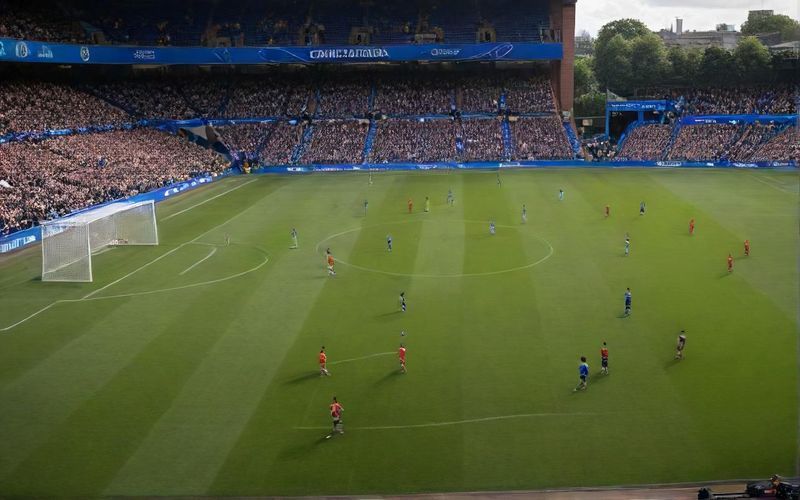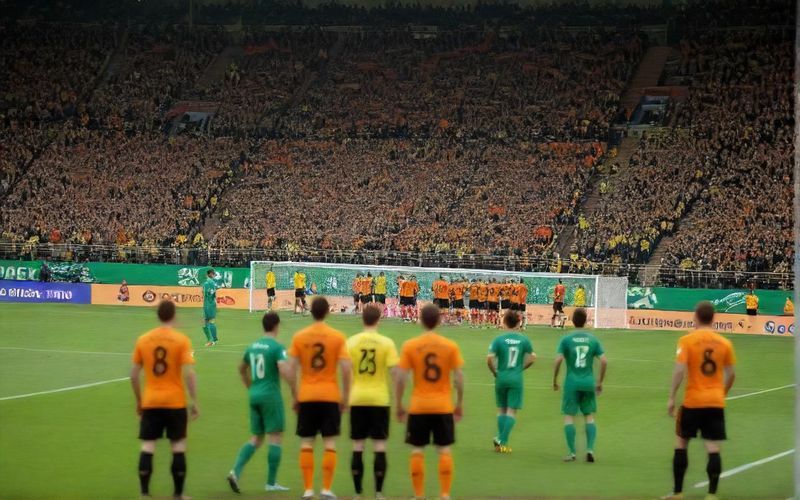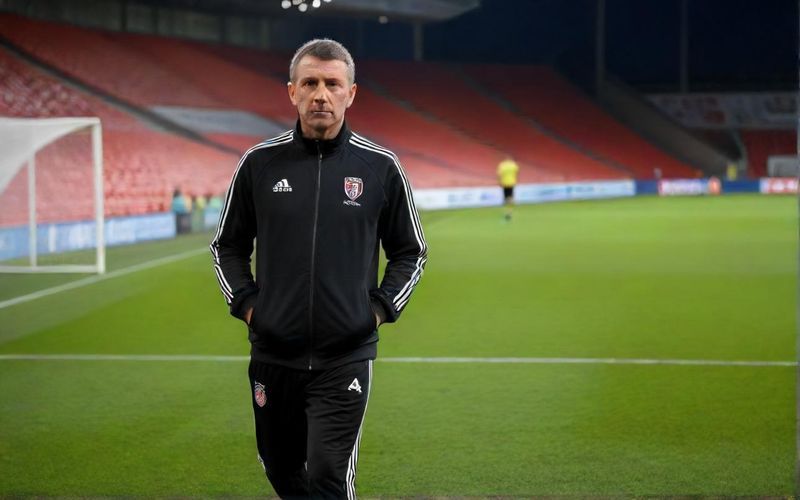Teen's classic backhand challenges champion
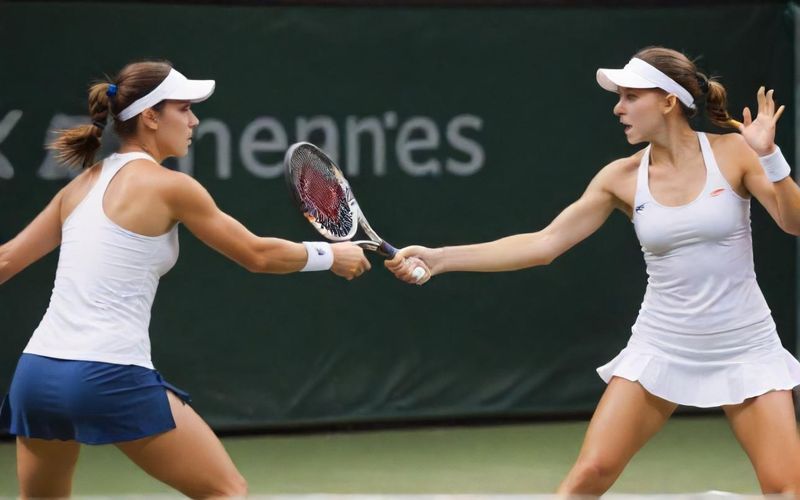
Viktorija Golubic, the defending champion, a player who embodies grace and strategic acumen, finds herself in the semifinals against a teenager who is rapidly making her mark. Seventeen-year-old wild card Lilli Tagger isn’t just another young player; she’s a living testament to a dying art form in women’s tennis – the one-handed backhand. It’s a shot that requires a unique blend of timing, touch, and sheer courage, and it’s not something you see often anymore. Golubic herself, at 33 and one of the few players in the Top 100 wielding this classic stroke, couldn't hide her delight. She’s seen Tagger in practice, she appreciates the feel, the skill, and she recognizes the kindred spirit.
What’s truly remarkable about Tagger’s ascent is its immediacy. She’s not just showing flashes of brilliance; she’s delivering results. Her quarterfinal win over Tamara Korpatsch was a clean 6-3, 6-4 affair, a performance punctuated by the very elements that make her so compelling: that distinctive backhand, coupled with smart volleys and delicate drop shots. She’s yet to drop a set this week, a stat that speaks volumes about her current form and mental fortitude. And let’s not forget the psychological battle she navigated in her match point scenarios; it wasn't a straightforward march to victory, but a testament to her grit, an echo of the resolve needed at this level.
Her journey is steeped in the legacy of the one-handed backhand. Growing up, she idolized Roger Federer, a maestro of the stroke. Now, she’s under the tutelage of Francesca Schiavone, a former Roland Garros champion herself, further cementing her place within this lineage. It feels fitting that her breakthrough WTA main draw appearance sees her facing Golubic, a fellow proponent of this classic shot. It’s a contest that promises not just a place in the final, but a showcase of skill that transcends brute force.
Golubic’s own path to this semifinal was hardly a walk in the park. She described her quarterfinal victory over Yulia Putintseva as a "very strategic, psychological battle," a phrase that hints at the mental chess played out on court. Coming back from 5-1 down in the first set requires a level of composure and tactical adjustment that only experience can truly foster. It’s this blend of seasoned wisdom and youthful exuberance, of differing but complementary skill sets, that makes the lilli tagger vs. Viktorija Golubic match so intriguing.
Looking at the odds, there's a clear favorite, with Golubic’s experience and ranking giving her the edge. Yet, tennis has a funny way of defying expectations, especially when a player like Tagger is involved. Her professional record this year, a strong 33-8, including three ITF titles and her first Top 100 win, tells a story of consistent progress and a hunger to compete. The betting lines suggest Golubic has a significant advantage, but they can’t fully account for the narrative unfolding, the resurgence of a beautiful, often understated, element of the game.
In a sport increasingly dominated by power and athleticism, the emergence of a player like Lilli Tagger, who chooses a path less traveled, is a breath of fresh air. It’s a reminder that skill, artistry, and strategic thinking still hold immense sway. As these two players prepare to step onto the court, one can't help but wonder if this match isn't just about winning a tournament, but about reaffirming the enduring beauty and effectiveness of a timeless tennis stroke. What does this resurgence of the one-handed backhand signal for the future of women’s tennis – a niche revival, or the start of something more significant?


